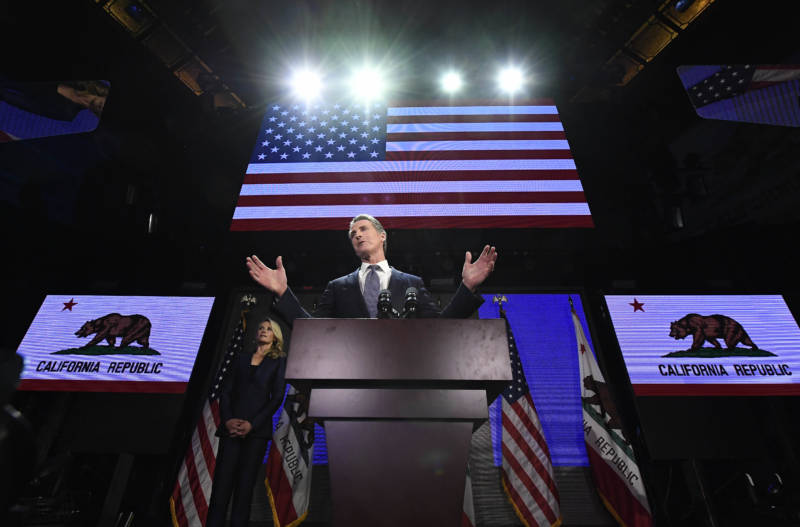Starting next year, California's privacy law will require companies to tell customers upon request what personal data they have collected and why, which categories of third parties have received it, and allow consumers to delete their information and not sell it.
U.S. Sen. Mark Warner of Virginia, ranking Democrat on the Senate Intelligence Committee, is considering federal legislation requiring companies like Facebook and Google to provide users with annual estimates of what their data is worth.
Axios calculated that the average Facebook user is worth $7.37 to the company, while a Twitter user is worth $2.83, and a Reddit user, about 30 cents. The calculation basically divides the companies' annual revenue by their monthly active users.
Steyer, from Common Sense Media, promised "landmark legislation" that will change the way consumers view the value and privacy of their online information. Most consumers don't realize that companies "are taking your data at extremely detailed levels and selling it and monetizing it," he said.
"You're basically saying, 'It's my data,'" Steyer said. "And if you do use it, I would like a portion of that because you're monetizing my personal information. That's a big deal, and that will represent an enormous step forward for consumers in California and all across the country."
Newsom's office would not say who is leading his review. Newsom "is open to constructive input" from national experts and lawmakers, spokesman Brian Ferguson said in a statement.
The governor's office pointed to proposals elsewhere to put a tax on data, including one that died in the Washington state Legislature in 2017. That measure would have taxed receipts from the sale of state residents' personal data at a rate of 3.3 percent.
Mahsau Daee of the Internet Association said the industry will look forward to reviewing the governor's eventual proposal but that "free and low-cost, data-driven online services offer Californians — and all Americans — enormous benefits."
Jeffrey Chester, executive director of the Center for Digital Democracy, said Newsom "is off to the wrong start" on protecting consumer privacy.
"They shouldn't be tricked into giving away their privacy for a small discount," he said in an email. "Selling it for a few bucks isn't the answer and will make the problem worse."
Dan Goldstein, president the digital marketing agency Page 1 Solutions, said a tax might not benefit consumers, while some sort of profit-sharing plan would likely return a "pittance of a benefit" to individuals.
Tech giants Facebook and Google did not immediately comment.
Facebook co-founder Chris Hughes last year suggested that users could band together to negotiate payments or a data tax could be administered, similar to a fund that annually shares oil profits with Alaska residents.
Newsom's announcement excited lawmakers who authored California's privacy law, but they had no additional information about it.
Democratic Assemblyman Ed Chau, who is chairman of the Assembly Committee on Privacy and Consumer Protection, said the proposal "highlights the value of data, which has often been described as the new oil in this technological data-driven economy."
